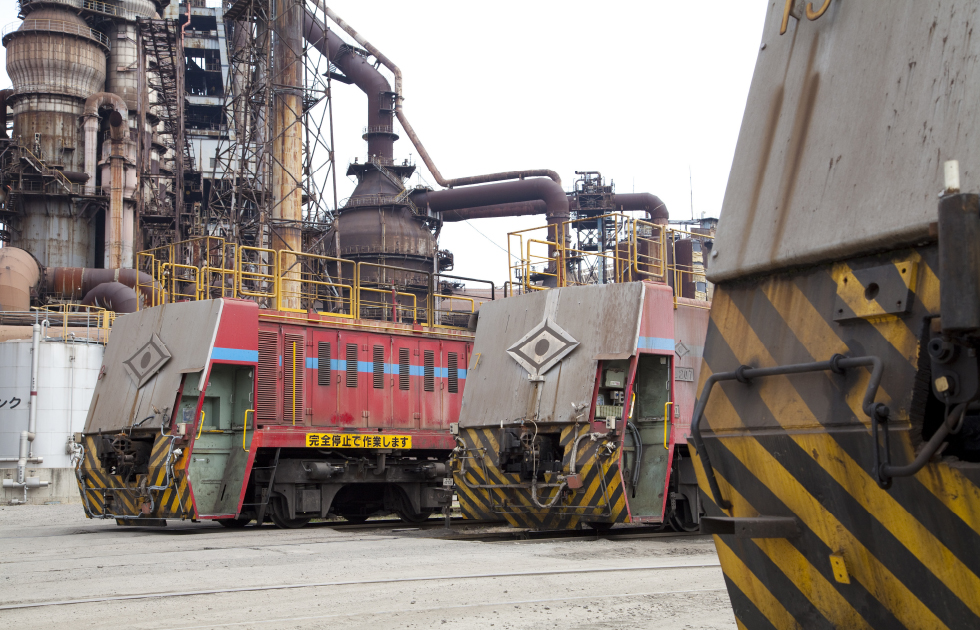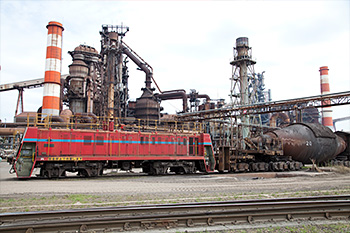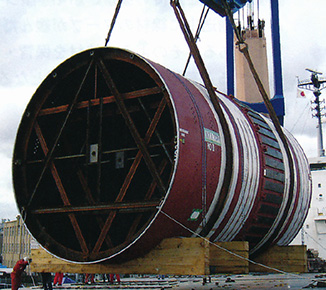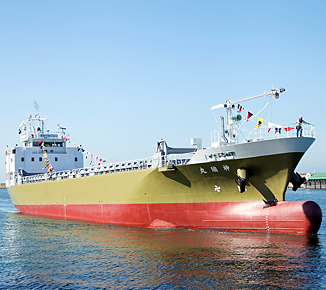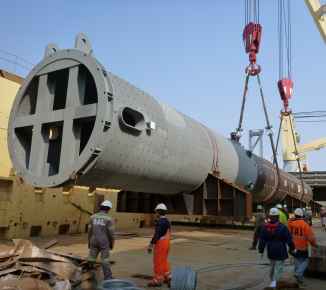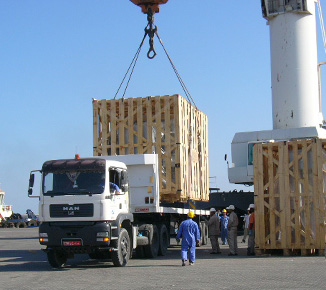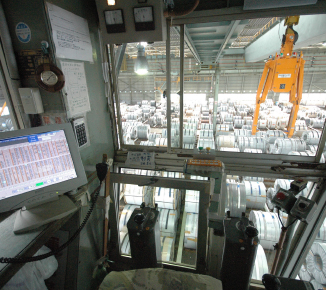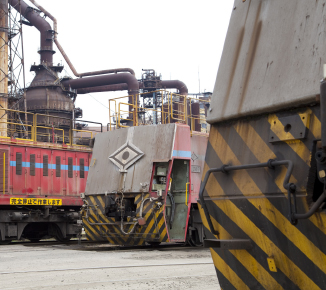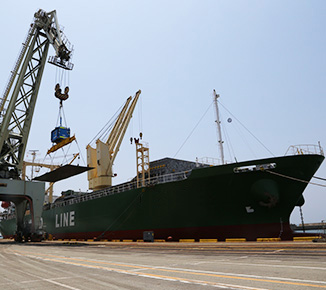In-plant logistics for steelworks services are indispensible to the production of iron and steel products. Transportation is needed for iron ore, coal, and other raw materials as well as semi-finished products, such as slabs, blooms, and billets. In addition to managing storage yards for raw materials unloaded from domestic and international transport ships, we also handle the in-plant rail transport of molten iron and steel from blast furnaces, semi-finished products from steelworks, and finished products such as wire rods, coils, and heavy plates from plants. Our services even extend to the storage and distribution of these products.
We have created a computerized integrated management system that covers everything from yards and in-plant railways to warehouses. Employing this system, our IT network allows plant operators to comprehensively monitor operations from product quality control, safety assurance, and cost control through environmental impact reduction measures.

 Menu
Menu


